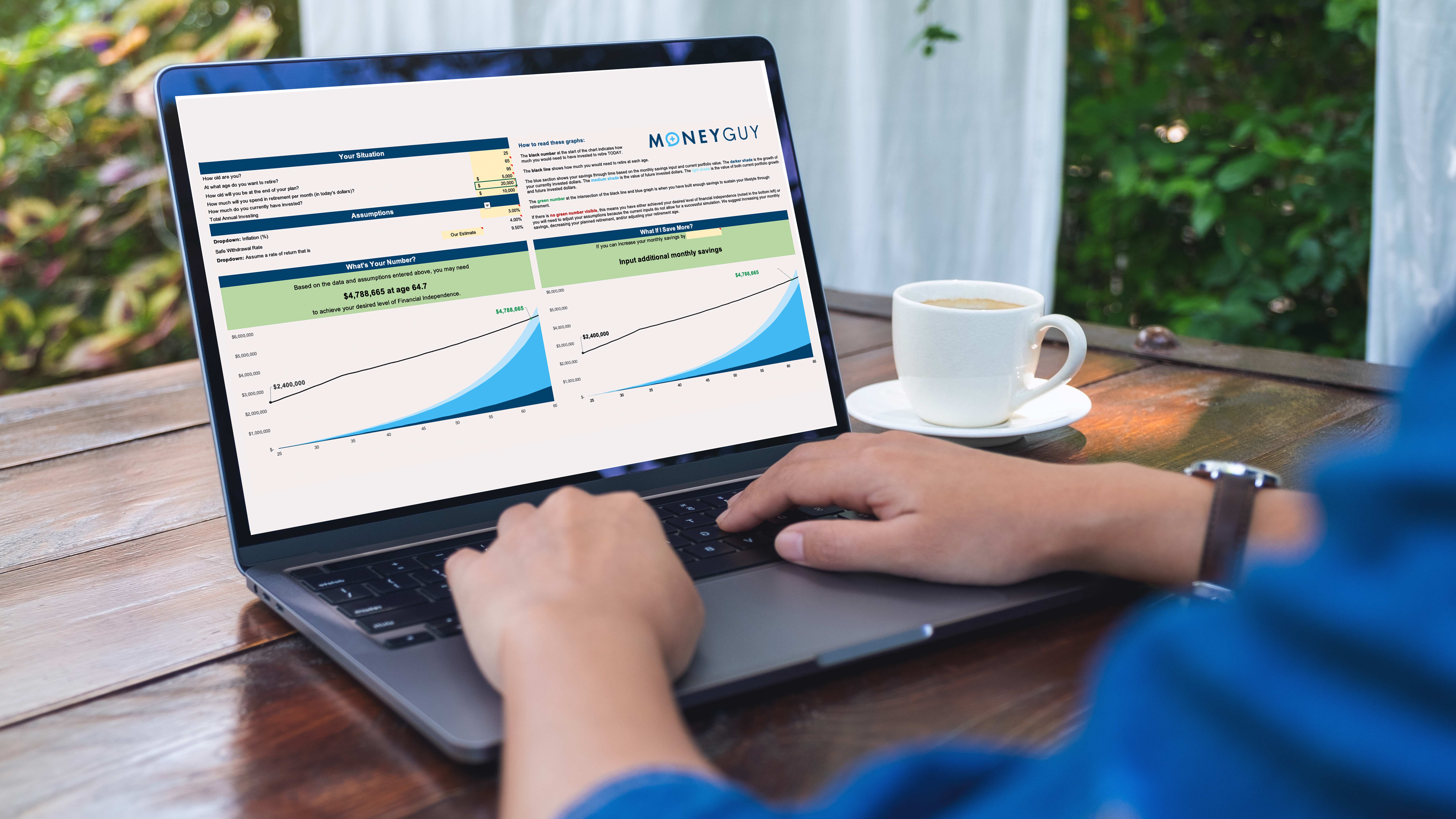
Change your life by
managing your money better.
Subscribe to our free weekly newsletter by entering your email address below.

Subscribe to our free weekly newsletter by entering your email address below.
Money-Guy 11-06-2009
If you pay attention to any piece of news, you no doubt have heard SOMETHING about health insurance over the last few months. Coincidentally, in the midst of potential health care reform, it is open enrollment for many individuals covered under employer sponsored health plans. Because of this, I thought it would be a perfect time to do a breakdown and analysis of the options that may be available to you inside of your plan.
A majority of Americans (me included), have noticed an emergence of alternative health care options offered inside of their benefits packages over the past couple of years. While we understand that most of the time new, innovative products introduced into a market are usually a good thing for that market; we (the creatures of habit that we are) tend to resist change. Because of this, as open enrollment comes around each year, we have a tendency to default to whatever option we selected last year. Considering the complexity of the system (PPO…HMO…HRA…HSA…FSA…OAP…POS…and so on), this behavior is not entirely unwarranted.
Well I decided that this year, because of personal factors as well as the national attention the health care system is currently receiving, that I would break from the “herd” mentality and really understand the ins and outs of the options available to me. Once I started doing some research and really reading up on these alternative options, I began to realize some very exciting things.
In the show today, I want to focus on two of the more popular options available today: Health Reimbursement Accounts (HRA) and Health Savings Accounts (HSA).
An HRA is a Consumer Driven Health Plan option that offers a different approach for managing health care needs. It provides both an in-network and out-of-network benefit just like an Open Access Plan (formerly PPO), except for this plan allows your employer to fund the account each year with credits for FIRST dollar coverage for health care and pharmacy expenses. Unused dollars each year will roll over to the next plan year as long as you continue to participate in this option.
An HSA is like a personal savings account with investment options for health care, except that it is all TAX FREE! You have the ability to open an HSA at a bank or individual HSA administrator. HSA dollars can be used for eligible health care expenses even if you no longer participate in the original High Deductible Plan. Unlike an HRA, you are responsible for making contributions to an HSA, however, these contribution are an above-the-line deduction on your tax return (they decrease your taxable income dollar for dollar).
As you listen to the show, I will walk through the specifics of these plans to help you decide what type of plan may make the most sense for you and your family. I also share some tips on how to get the most bang for your buck from the insurance company by taking advantage of offers such as Walmart’s $4 prescription program. My hope is that, after listening to this show, you will feel equipped and empowered to go research your plan options and select the one that best helps you get your financial house in order. If you find something you feel worthy of noting, feel free to leave a comment and share with everyone!


Financial Order of Operations®: Maximize Your Army of Dollar Bills!
Here are the 9 steps you’ve been waiting for Building wealth is simple when you know what to do and…
View Resource
Exclusive Sneak Peek of Millionaire Mission by Brian Preston
Read MoreIs Disability Insurance a Necessity? (And How Much Do You Need?)
Read MoreIs It a Good Idea to Use Permanent Life Insurance for Long-Term Care Expenses?
Read More

How about more sense and more money?
Check for blindspots and shift into the financial fast-lane. Join a community of like minded Financial Mutants as we accelerate our wealth building process and have fun while doing it.




It's like finding some change in the couch cushions.
Watch or listen every week to learn and apply financial strategies to grow your wealth and live your best life.
Subscribe to our free weekly newsletter by entering your email address below.